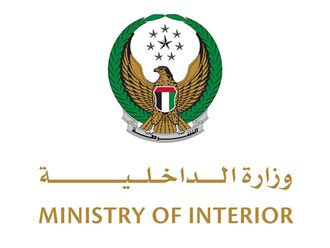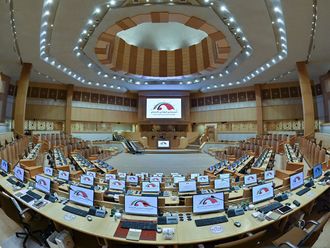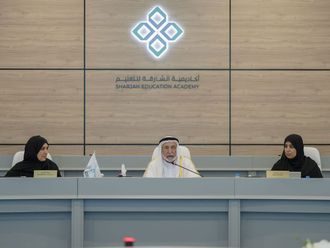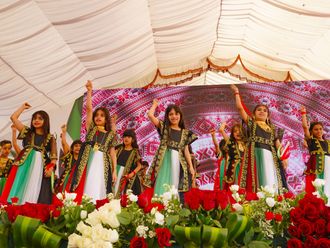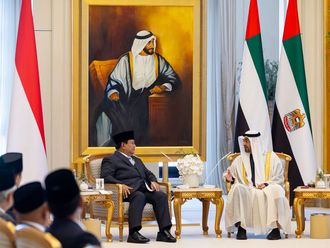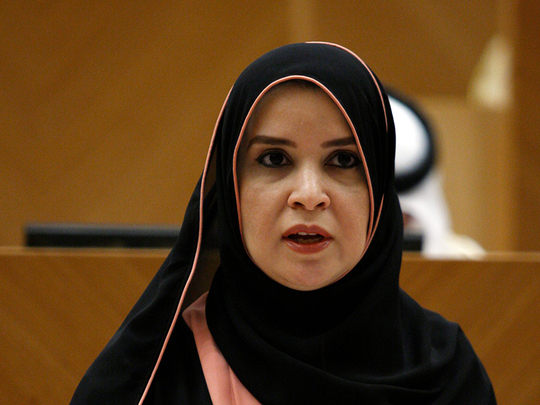
Dubai: The election of Dr Amal Al Qubaisi as the first woman speaker in an Arab country is expected to herald a new chapter of high-level achievements for Arab women in parliaments.
The sight of a woman chairing a parliamentary session may be familiar as it happened in other countries, mainly in neighbouring Bahrain, but it was on an interim basis.
Amal has made history by becoming the first woman to be voted in directly as the Speaker, a position that will allow her to preside the sessions and to elevate her status amid the most powerful women in the country and in the Arab world.
“We are pleased that a woman from the UAE has made the breakthrough that will most certainly have great consequences in the region and beyond,” Hadia Al Shaikh, a Tunisian teacher, said. “We have always thought that a country with stronger traditions of women’s rights such as Tunisia, Morocco or Egypt to be the pioneer in such advances. We are nevertheless glad that it is in the UAE because people tend to believe that Gulf countries are too conservative for such breakthroughs. Fortunately, things have changed tremendously.”
Amal’s election is the latest, and maybe the brightest, landmark in the empowerment of women to represent the nation in parliaments and advisory councils.
In 1957, the Rawiya Atiyyah became the first woman to be elected to the Egyptian parliament. However, 58 years later, no woman in Egypt was elected Speaker.
Gulf Cooperation Council (GCC) countries – Bahrain, Kuwait, Oman, Qatar, Saudi Arabia and the UAE – have in the meantime made strides in empowering women, with the Saudis making the most outstanding difference.
In December 2012, Saudi Arabia was ranked 184th on the world’s list of the percentage of women in parliament, alongside Nauru, Palau and Vanuatu. None of these countries had any women in their elected or appointed parliaments.
However, in January 2013, a decree issued by the late King Abdullah Abdul Aziz Al Saud, allowed the kingdom to make a huge leap to the 80th place, well ahead of the US, Ireland, Russia, India and Brazil.
The decree nominated 30 women to the 150-seat Shura Council also allowed Saudi Arabia to hold the sixth position in the Arab world for the number and percentage of women in parliament.
For the unprecedented experience, King Abdullah selected the women nominees for the new four-year Shura term among the country’s elite with 27 of them holding PhDs. Two of the women are princesses from the royal family well known for their work with charity foundations.
The criteria to select the women included the Saudi citizenship, a minimum of 30 years of age, an impeccable personal record, a high level of competency and practical experience.


